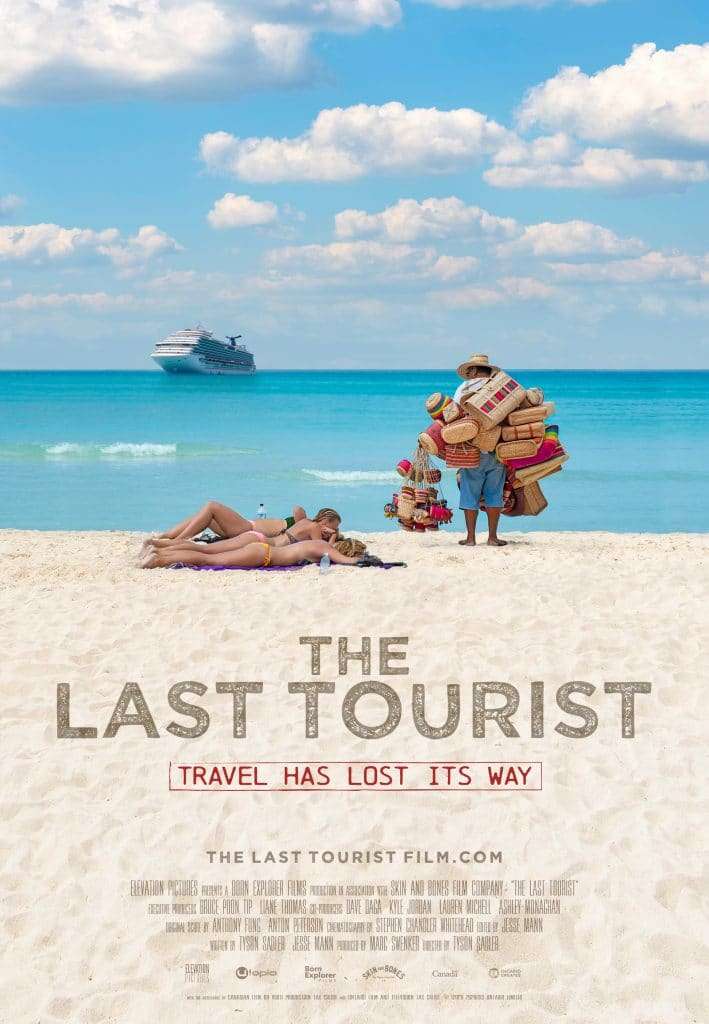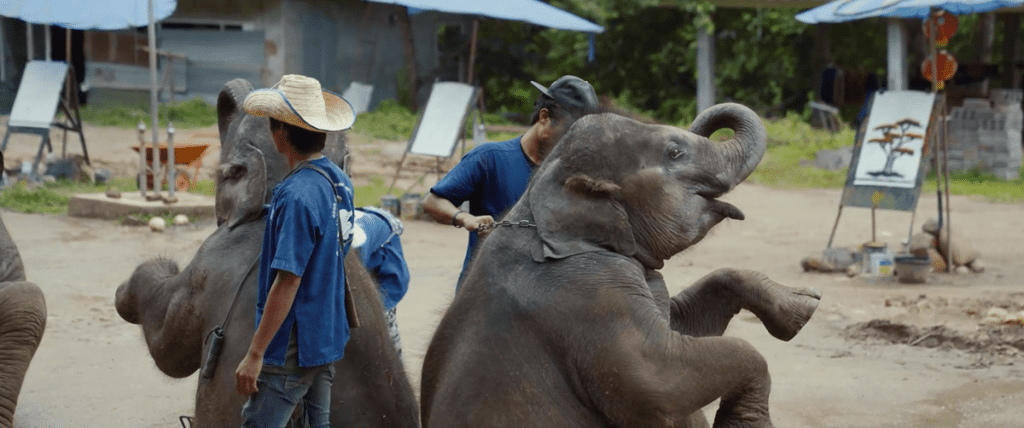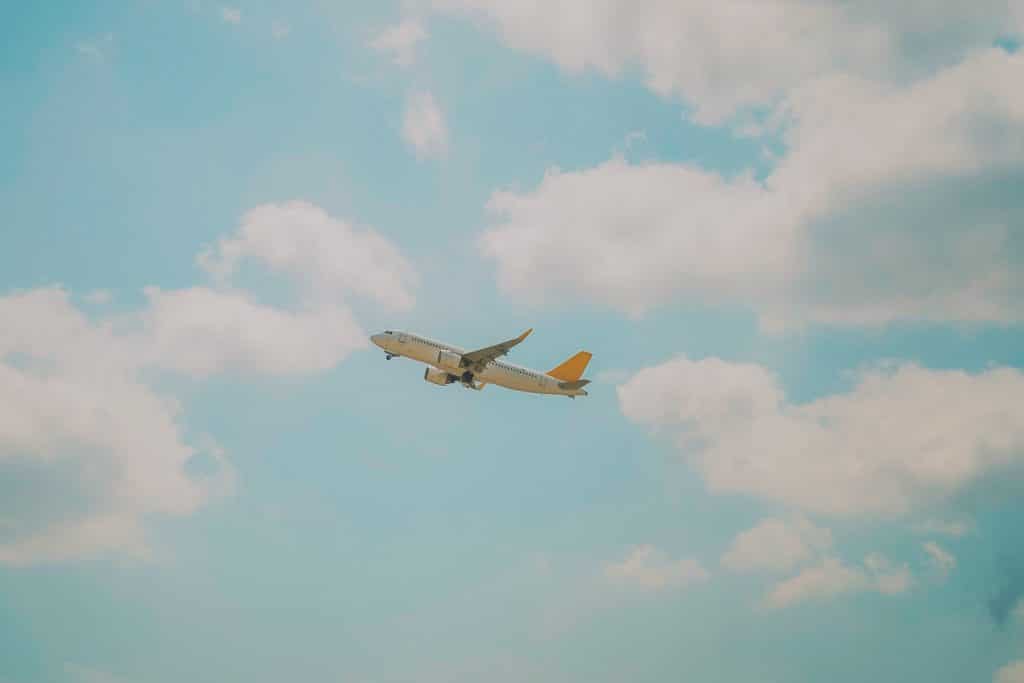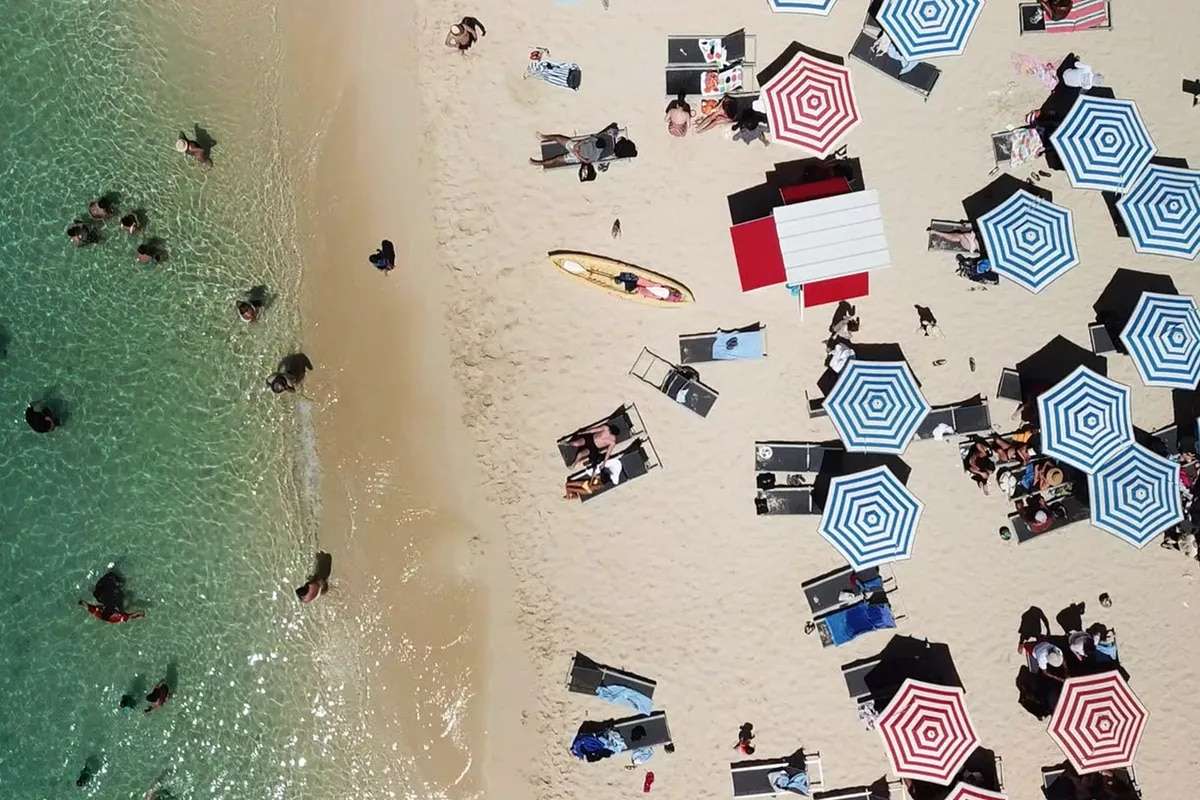If you’re heading out on your first vacation in a while, queue up the new film The Last Tourist before you go, especially if you pride yourself on being a conscious traveler.
Traveling connects us to the world. Anthony Bourdain’s 12 seasons of Parts Unknown underscored this as the late chef and journalist traveled the world, embracing cultures through their food, their art, and their families. It helps erase misconceptions, break down barriers, and remind us how connected we all are.
And after two years of travel coming to a standstill as a result of the pandemic, the industry is rebounding — tourism boards are clamoring to get our attention and our dollars. But there’s a dark side to the travel industry, and it’s the focus of the new film The Last Tourist.
The travel industry
In the 1950s, there were about 25 million tourist arrivals a year; that number topped 1.4 billion in 2019 before the pandemic. It’s a good thing in theory — seeing the world, connecting with culture, understanding the different ecosystems, and the reasons for protecting biodiversity. But according to 2021’s The Last Tourist, directed by Tyson Sadler, the opposite is often the case.
“The places we call destinations are actually people’s homes,” Judy Kepher-Gona, founder of the Kenya-based Sustainable Travel & Tourism Agenda, says in the film.
One of the film’s most startling revelations is this statistic: 29 percent of millennial and Gen-Z travelers say they wouldn’t visit a destination if they couldn’t post about it on Instagram. The film pans to a sea of phones and tripods at Angkor Wat in Cambodia — an eerie contrast to the ancient sandstone temple.
The Last Tourist
The film takes viewers across the world, visiting Ecuador, Kenya, Thailand, and India, to name a few destinations. Sadler explores the impact of hotels, cruise ships, and animal exploitation, among other industries that have transformed as traveling has gone from an elite hobby to a global industry in less than a century.
Eighty percent of the world’s economies count tourism in their top ten economies — many of which have been devastated by the pandemic standstill. Places like the Caribbean are almost exclusively tourist-dependent. But cruise ships — one of the most common ways people visit the region, and one of the biggest offenders in the film — do their best to keep passengers away from supporting the local economies.

These environments are mimicking western comforts across the globe–encouraging travelers to eat American food on the ships rather than patronize local restaurants. With commission incentives in place, the ships encourage shopping at select Western-run tourist shops just steps from the port and warn of “scammers” at nearby local businesses that now struggle as the industry keeps the tourists away.
“Maybe we should just think of another word for it because it’s not travel anymore. Because you’re being transplanted from one Western environment to another Western environment. So let’s just call it a transfer of environments,” Bruce Poon Tip, Founder of G Adventures, and executive producer of the film says to the camera.
Travel exploitation
The film explores two booming industries that often come with a veneer of being more immersive than cruise ships or all-inclusive resort vacations: animal tourism and orphanage voluntourism.
Primatologist and conservationist Jane Goodall features prominently in the film, particularly during the animal section, which focuses mainly on elephant tourism in Thailand.
The film exposes the commonplace abuse and techniques used to “break” animals. This includes marine animals at parks like SeaWorld. Experts suggest half a million animals are exploited for the tourism industry. One sanctuary in Thailand that rescues elephants shows the permanent physical and emotional damage they endure.
“Responsible tourism can be really beneficial to the animals, to the environment, to the local people, to the government, and to the tourist,” Goodall says.

The film also exposes the issues with orphanage tourism, which is often packaged as voluntourism opportunities. The Last Tourist draws a disturbing parallel to the animal tourism industry, with children being taken from their homes or sold into orphanages—80 percent of the children living in Cambodia’s orphanages reportedly have at least one living parent, according to the film.
In Cambodia alone, the number of orphanages has climbed 75 percent since the 1990s, mainly to attract Western tourists who “teach” children for the obligate photo ops or partake in other activities related to the schools including construction.
But it’s neo-colonialism, according to the film, exploiting children like they’re tamed wild animals. A number of the children wind up on drugs, in the sex trade, or taking their own lives, according to experts in the film.
Travel impact
Air and ocean travel produce about 2.5 percent of all greenhouse gas emissions, but the footprint of the common traveler extends far beyond that, according to the film from the waste generated to damage to the local environment.

Recent data show that the pandemic has more than 60 percent of travelers eager to travel more sustainably. That study, conducted by Booking.com, also found that 83 percent of travelers see sustainable travel as vital, especially when traveling internationally, and nearly half say they’re not finding enough sustainable travel options.
But the industry is making efforts to reduce its environmental footprint, with hotels incorporating more sustainable practices, airlines offsetting emissions, and even cruise ships are working to reduce the industry’s footprint.
There’s still a long road ahead for the industry, and caveat emptor certainly applies to any travel promise of sustainability or responsibility. Like the film warns at the beginning, “tourism can kill a place.”
The Last Tourist is streaming now.
Related on Ethos:


